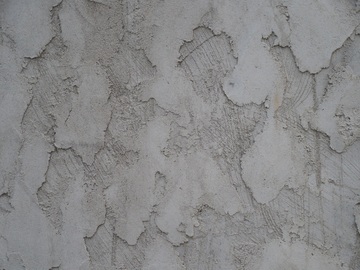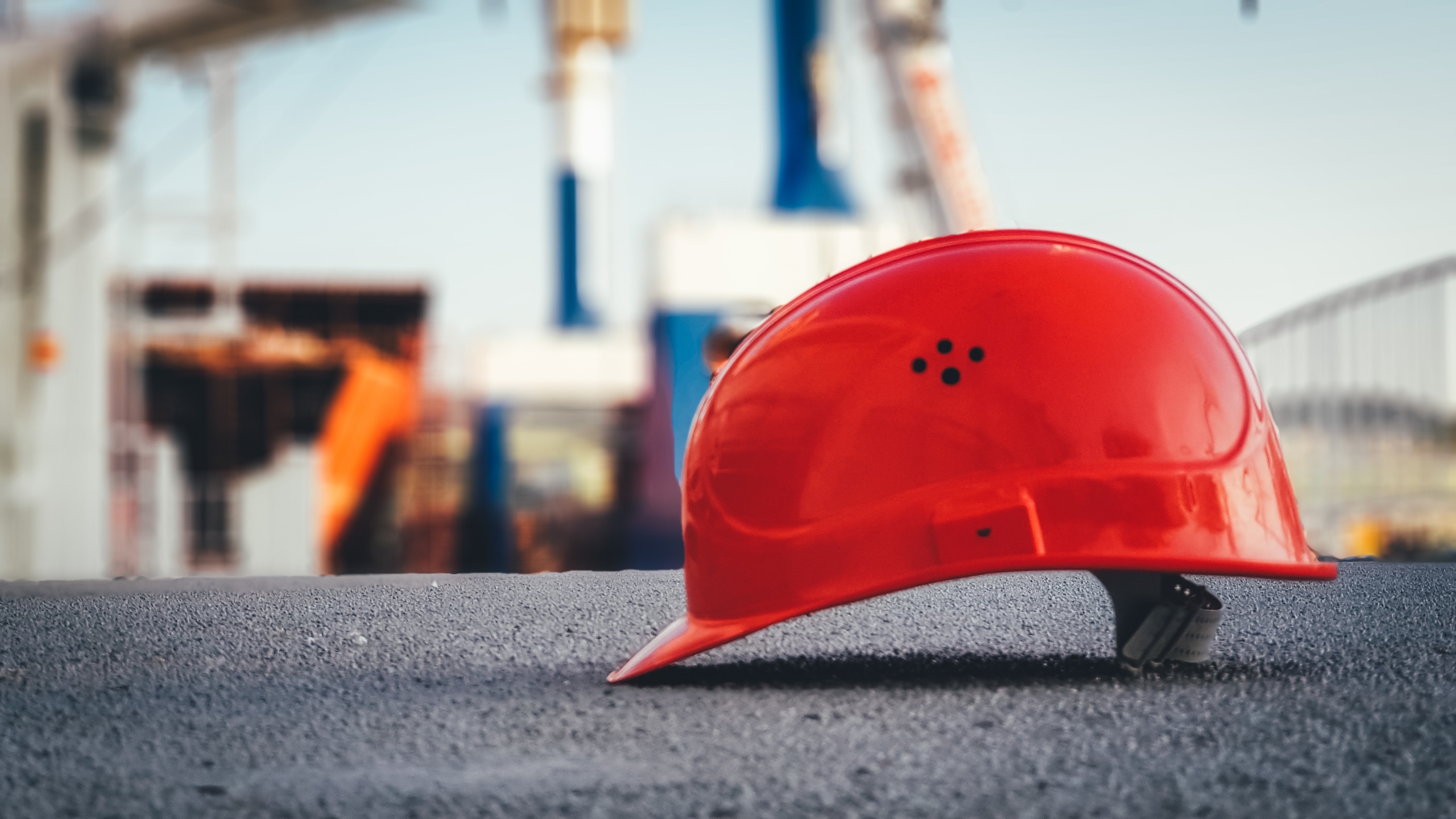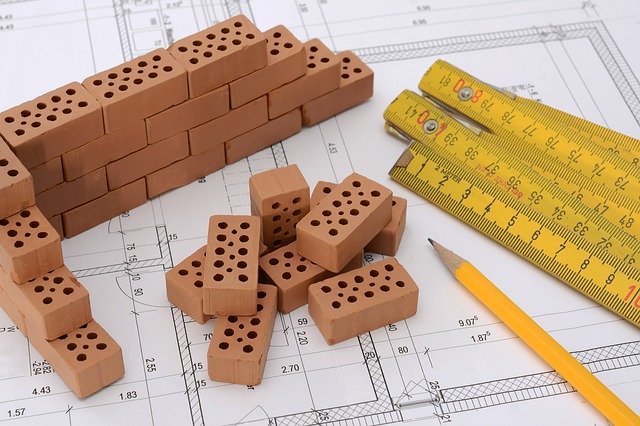What to Expect from a Home Foundation Inspection
The foundation of a home is what everything else rests on. Without a good one, a home won’t stand and may begin to sink, fall, and crumble. That’s why an inspection becomes necessary when you spot signs of failure.
In this blog, we’ll try to answer most, if not all, of the common questions homeowners and homebuyers ask regarding foundation inspections.
Question #1: Is a home foundation inspection necessary to begin with?

Well, it is. The foundation, as already indicated, supports your entire structure. And much like how foot problems can lead to back and knee problems, foundation failure can compromise your home’s structural integrity.
Also, when buying a home, an inspection of the home’s foundation can help reveal whether the home is structurally sound or not. If not, OmniKey Realty explains, the inspection can help you avoid a potential money pit as repairing foundation problems often doesn’t come cheap.
Question #2: What does the inspection entail?
A home foundation inspection entails checking for vital signs of foundation damage. The following are some of the signs of a failing foundation that a foundation expert will watch out for.
- Cracks on the foundation. This is the most common sign of foundation failure. These can appear anywhere in the structure, from the floor to the walls to the chimney. The foundation expert will examine the size of the cracks to determine the severity of the problem.
- The foundation appears to settle into the ground. This is what foundation experts call foundation sinking or settling. Causes of foundation settling include soil consolidation, soil moisture changes, and weak bearing soil.
- The foundation appears to move in an upward direction. This is also known as foundation upheaval. Moisture is the number one cause of upheaval in slab foundations. Other causes include under-slab plumbing leaks, soil moisture changes, and frost heave.
- Failure of doors and windows to close properly. This is also another common indication of a failing home foundation. While sometimes this problem could be brought about by moisture, it may be important to consult a foundation expert especially if the problem doesn’t go away after some time.
- Floors that are appearing to sag. Foundation inspectors will also look to see signs of uneven or sagging floors.
- Cabinets and counters separating from the wall. When walls lose their balance, cabinets and lots of other things in a house also lose their level as well. A foundation inspection specialist will help you find the root cause of the problem.
Question #3: How much does the inspection cost?

In Texas, many reputable foundation repair companies offer an inspection for free. This means that you don’t have to pay for anything for the entire foundation inspection process. The only exception is if a structural engineer is involved.
In which case, the foundation inspection will cost anywhere between $350 and $1,000. Sure, it may be a big expense, but home foundation inspections do deliver long-term value as these professionals can spot issues early that may require costly repairs much later.
In fact, HomeAdvisor found that most homeowners will pay around $4,278 to repair foundation issues.
Question #4: How long does the inspection process take?

Generally speaking, home foundation inspections take approximately one-and-a-half hours to complete.
Question #5: What should I expect from the inspection?

If a structural engineer is involved, then you should expect the following things.
One, you should expect an interview from the structural engineer. He or she will want to know things like signs of failure you have spotted as well as how long the sign(s) have occurred.
Two, the engineer will assess the elevation of your floor. Checking the floor elevation is important as it helps check whether the home’s foundation is being affected from beneath the surface.
Three, the structural engineer will also observe the interior, exterior, and the surrounding terrain. Here, the engineer will be looking for things like sticking doors and/or windows, leaning walls or doors, separations, cracks, or any other sign of foundation failure.
Other things that the engineer will probably observe include the vegetation, grading around the home’s perimeter, and the gutter system.
And lastly, the engineer will conduct a forensic analysis. The goal of the analysis will be to determine the root cause of the problem. Causes of foundation failure include poor construction, erosion, slope failure, poorly compacted fill material, and expansive clay soil.
Then, after the forensic analysis, the engineer will write a report that outlines the scope of the services rendered, the observations, as well as the conclusions and recommendations.
Whether you are a homeowner having doubts over your home’s structural integrity or are considering buying a new home, inspecting your home for damage is critical. Remember, though, finding the right professional for the job is of utmost importance.











